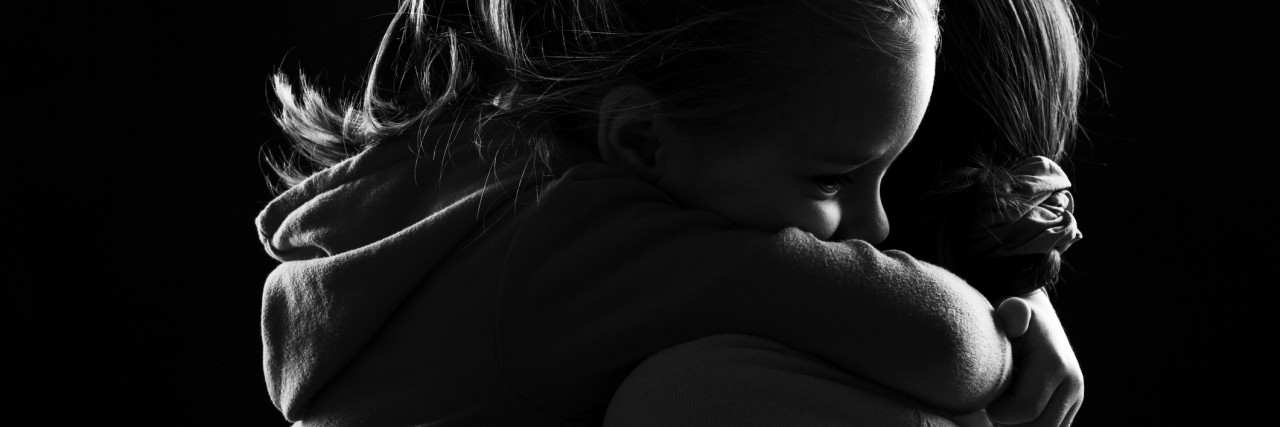As both a therapist and a two-time suicide loss survivor, there are a variety of topics I hear on a daily basis from fellow survivors. My heart breaks for the amount of pain a suicide brings to those still living. In response to this, I decided to write a book to address each of the issues to speak truth and give hope to other survivors. The book is written as both a therapist and a survivor and includes clinical information, as well as my own personal experience. Hundreds of fellow survivors also contributed to the book by offering advice, tips and encouragement. The book is called “The Gift of Second: Healing from the Impact of Suicide,” and it will be available in October. (You can subscribe to this website to be kept up-to-date on the exact date the book will be released.)
Below is a list of five things every survivor should know. Each one contains a small excerpt from the book.
1. It was not your fault.
“I think we sometimes hold on to the guilt as our last sort of connection to our loved one. We often have a false belief if we stop feeling guilty for not preventing the suicide, then we, by default, consent to it. It is simply not true. In one of the most beautiful pieces I have read on the subject of loss to suicide, LaRita Archibald writes in ‘Reinforcement in the Aftermath of Suicide‘: ‘To assume responsibility for this death, or to place responsibility upon another, robs the one who died of their personhood and invalidates the enormity of their pain and their desperate need for relief.’ We cannot accept responsibility or assume guilt for our loved one’s decision to end their life.”
2. Their suicide says nothing about you or your value.
Often times, survivors feel they have no worth or value if their loved ones could leave them permanently and sever the relationship. “Our loved ones were sick. They were dealing with mental illness, they felt hopeless and they believed their lives had no value. They were in an incredibly dark place, which we could not penetrate. Professionals could not save them, medicine did not cure them and love from others couldn’t touch them. Their choice to die was their last solution to end the unimaginable physical and emotional pain they experienced every minute of every day. They were not intentionally trying to bring us pain but rather desperately trying to end their own. We will not condone suicide, but neither can we continue to take responsibility for it or allow it determine our own value.”
3. You are not alone.
“Far too often we go through life alone, refusing to mention the suicide for fear of how others might react and what they may think or fear of the emotions we may, ourselves, produce. It’s a shame that any of us would ever struggle in silence.” There are millions of fellow survivors worldwide and support groups are available almost everywhere both in-person and online. You are not alone. We understand the pain.
4. You don’t have to live with post-traumatic stress disorder (PTSD) and the constant reminders of your loved one’s death.
Death by suicide can be scary, devastating, graphic and traumatizing, especially if you find your loved one. “The trauma of a suicide does not end the day we bury our loved ones. Like the water in a ripple effect, after a stone has been tossed in, we continually feel and experience the consequences of that stone in our lives. To deny the impact is to deny ourselves. Recognize there is no shame in needing help. Often, the survivor becomes angry or sad their loved one did not seek help from family or professionals, but when it is time for us to seek help, we dismiss the need for assistance and struggle alone. A licensed psychologist or therapist, trained in trauma work and with a great understanding of PTSD, can dramatically improve a client’s life by working through the trauma with them.”
5. Self-care is a must.
“If we are not consciously taking care of ourselves, something or someone will fill that void for us. This is a dangerous place to be. In his book, ‘What to Do When the Police Leave: A Guide to the First Days of Traumatic Loss,’ Bill Jenkins writes, ‘It is very easy to see the allure of alcohol to dull the pain and the temptation to punish myself for something that is not my fault. The sobering truth is that if I step onto the path of self-destruction, I know I will never come back.’” Taking care of ourselves is a must.
Image via Thinkstock.
This post originally appeared on The Gift of Second.
If you or someone you know needs help, visit our suicide prevention resources page.
If you need support right now, call the Suicide Prevention Lifeline at 1-800-273-8255. You can reach the Crisis Text Line by texting “START” to 741-741.

